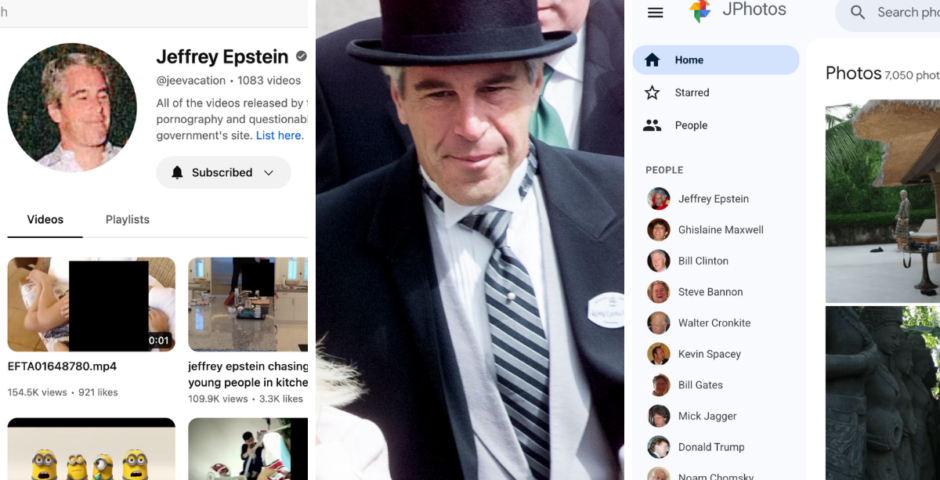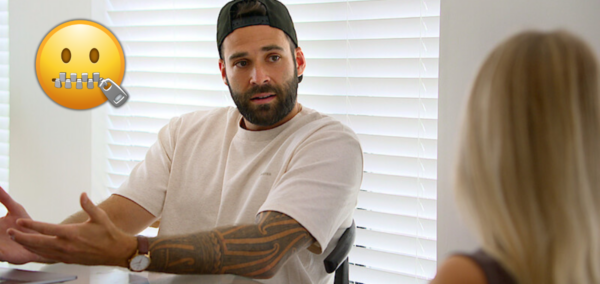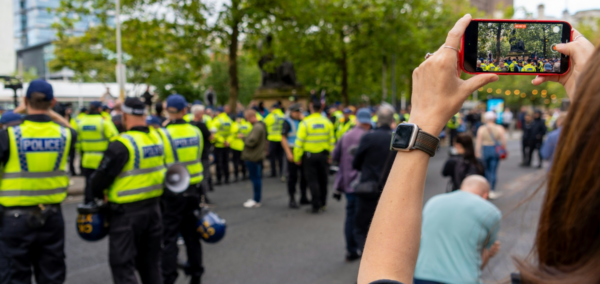
Number of students cheating at Russell Group universities has more than doubled since 2019
Plagiarism cases at Glasgow Uni have skyrocketed by over 500 per cent since before the pandemic
The number of students alleged to have cheated at Russell Group universities has more than doubled since 2019.
On average 353 students per university were investigated for plagiarism last year, a rise from 157 in 2019 and just 115 in 2018, according to Freedom of Information requests from 21 of the 24 Russell Group unis.
The Times investigation also found students investigated for academic misconduct had shot up 130 per cent from 201 cases in 2019 to 464 last year.
Academic misconduct includes collusion – i.e. when students work together and share answers with each other to help complete their assessment.
The sharp rise in cheating allegations comes as lots of universities have continued to use online exams – initially introduced at the start of the pandemic – as a form of assessment over traditional in-person exams.
Unlike traditional exams in large halls, online exams give students the opportunity to take the assessment from their own bedroom, making it far easier for students to message course mates about the assessment or even organise to all take the exam in the same place.
Last October, law firm Kingsley Napley reported a 60 per cent increase that year in students asking the firm for legal help to defend themselves against cheating allegations.
According to The Telegraph, one incident involved a university launching an investigation against students after they’d spotted two assessments had been submitted from the same IP address. The students, who were in the same flat and using the same WiFi, could not prove they were working in different rooms.
Chris McGovern, chairman of the Campaign for Real Education, has called on universities to put an end to online exams.
“Online exams are a green light to those who are prepared to cheat,” he said. “We want young people who are honest to be rewarded for their honesty. Exams which lack the integrity of being secure will undermine the whole education system.”
The University of Glasgow, which saw one of the biggest rise in plagiarism cases, said it would redesign exams and work on improving students’ understanding of good academic practice.
There were 209 cases of plagiarism at the university in 2019. Last year, the university investigated more than 1,300 assessments – an increase of more than 500 per cent.
Elsewhere Cardiff University and the University of Liverpool recorded large rises in cases but both unis argued the figures were still a small proportion of all the overall number of assessments taken across the academic year.
Whilst universities face calls to end online exams, they face another threat over the fears students are turning towards AI software to help complete assessments.
An investigation by The Glasgow Tab last week revealed how students at Glasgow University are using ChatGPT to help complete assessments. One fourth year student admitted to using the software to help him with his disseration. He said: “I’d say it was useful. It highlighted some papers I might not have known about otherwise.”
Another final year student added: “I know so many people using it [ChatGPT]. I just don’t know what the Uni could do to stop anyone writing their whole essay using it.
“As a fourth year I’m really glad it’s just becoming popular now. I think if I was just at the start of my degree it would have been so easy to become reliant on it.”
Glasgow University became the first Russell Group university to publicly support ChatGPT as a potential future part of students’ day-to-day learning, saying it was working with experts to see how it can be used as “learning tool”.
Related stories recommended by this writer:
• I got ChatGPT to write my essay to see if I could get a 2:1 from a Russell Group uni
• Number of students investigated for cheating at Oxford Uni up by 120 per cent in two years
• Uh oh! Turnitin is officially going to detect if you’ve used an AI chatbot in your essay

















